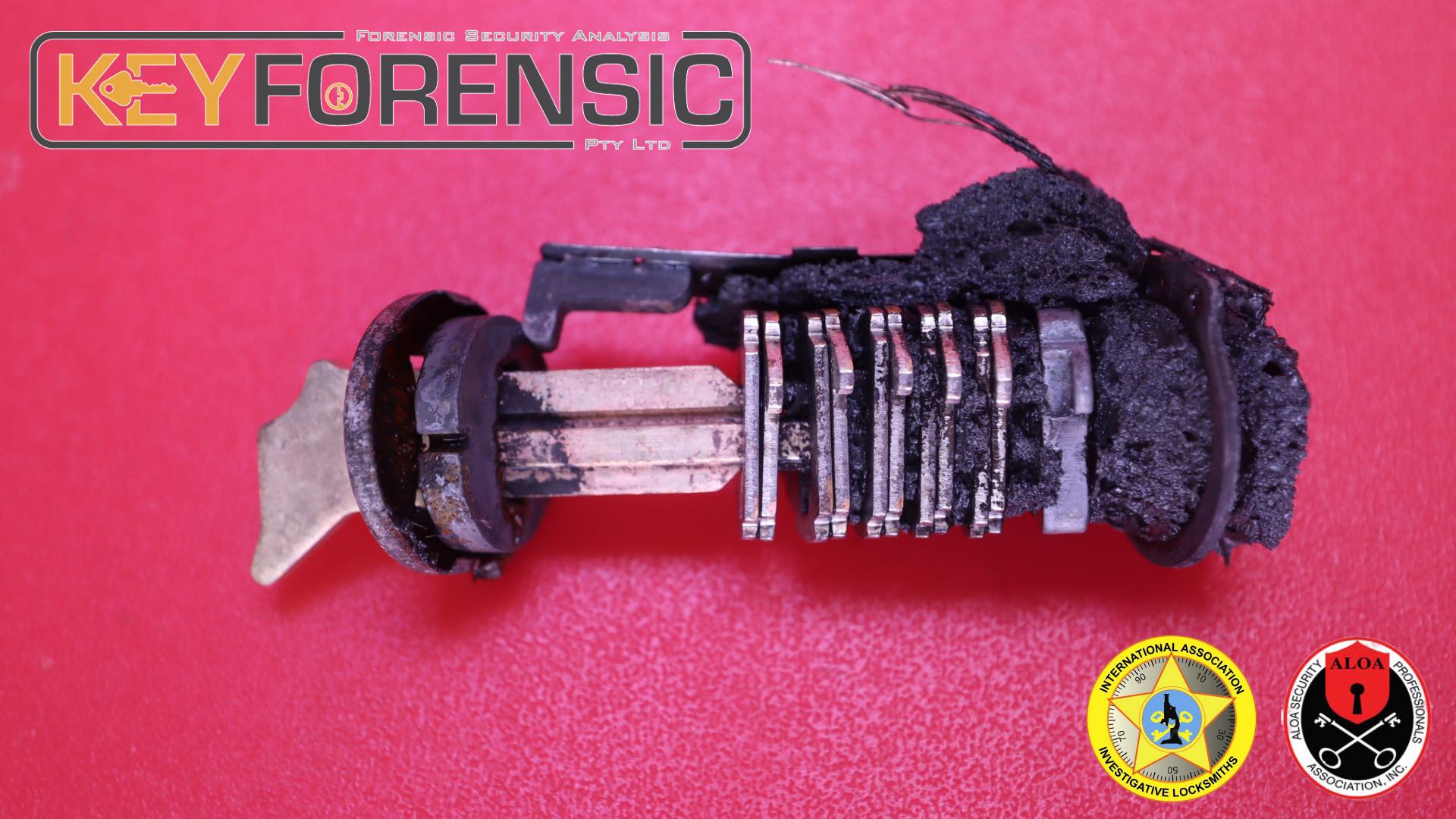
Investigative Locksmithing - Automotive Forensic Case Management & Procedures
The course will deliver an understanding of the processes and procedures involved in investigative locksmithing and its value in the investigative field. Participants will become familiar with identification, collection, chemical extraction and recovery of exhibits, and examination techniques. Participants will understand the importance of photographic record keeping, the chain of evidence, and standardised, effective recording of observations that allows for informative, concise report writing.
COURSE OUTLINE
DAY 1
- Role of Forensic Locksmithing in the investigative field. Suggestions and discussion on how to set up an efficient workspace to provide trouble-free flow for administrative requirements and laboratory procedures. Vehicle inspection in the field. Participants will learn to use the Illustrated Technical Summary template to accurately and methodically record their discoveries concerning the perimeter security of the vehicle. Examination of vehicle's interior, paying attention to the condition of the Ignition Steering Lock Assembly (ISLA) and the status of the electronic engine immobiliser. Demonstration of immobiliser system interrogation.
- Discussion of discovery by participants. Instructors to demonstrate to participants all things that could have formed part of the discovery. Discussion of collection of exhibits of probative value (actual collection to be carried out on Day two).
- Participants will observe controlled burning of a vehicle whilst noting the fire development and sequence of events.
DAY 2
- Inspection of fire-damaged vehicle, using the template to record observations as with Day one.
- Discussion of observations. Instructors to provide further information and observations as needed.
- Identification and collection of exhibits for further laboratory examination. Instructors to demonstrate how exhibits are collected, stored and labelled to maintain chain of custody and prevent evidence spoilage.
DAY 3
- Discuss previous days' events and further questions or observations. Examination of exhibits.
- Chemical extraction and recovery of critical components collected from the vehicle and contained within the debris and the importance of continued observation and photographic record.
- Preparation of exhibits to return to the lab.
DAY 4
- Laboratory work practises: review the fire event sequence, including the recovery and processing of exhibits, ultrasonic cleaning and final examination. Key analysis – Macro and microscopic examination, diagnostic interrogation of transponders, whether primary or secondary use key, OEM or aftermarket, is it a duplicate etc.
- Macro and microscopic examination processes.
- Photographic records.
DAY 5
- Real-life examples from start to finish.
- Analysis of CCTV alleged thefts and further discussion etc.
COURSE INSTRUCTORS
Ross Squire: Master Locksmith, Certified Forensic Locksmith, ALOA Certified ALOA Instructor and lifetime beneficiary member, IAIL Life Member, Executive Member IAIL, Keynote Speaker Policing Best Practice Dubai 2019, Executive Director Key Forensic Pty Ltd.
Maxwell Squire: Trade certificate locksmithing, Certified Forensic Locksmith, member ALOA, member IAIL, Bachelor Business Management, and Director Key Forensic Pty Ltd.
CERTIFICATIONS & OUTCOMES
- Certificate of Training recognised by Associated Locksmiths of America (ALOA) and International Association of Investigative Locksmiths (IAIL).
- Eligibility to undertake the Investigative Locksmithing – Crime Scene Analysis Forensic Case Management and Procedures course.

